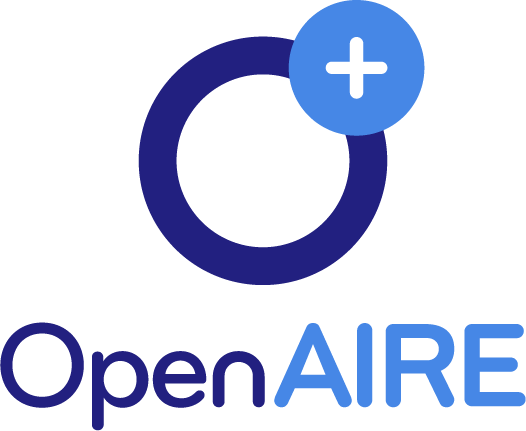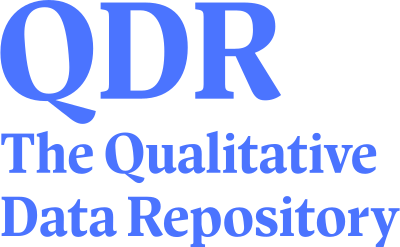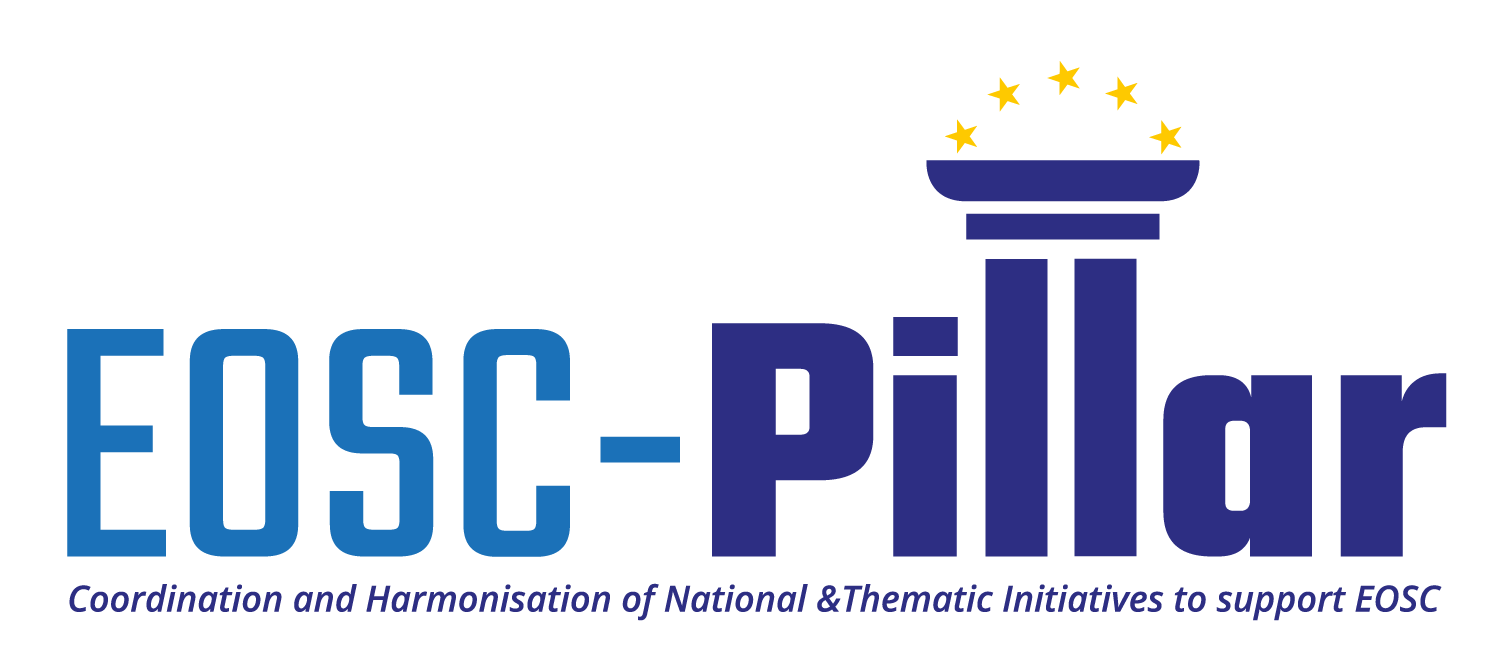
Data stewardship resources
The data stewardship resource catalogue is a collection of online searchable resources for data stewardship and RDM support. It focuses on day-to-day, operational and readily available resources that can be used by data stewards to support researchers, although these resources might be useful for other target groups as well. The records in this catalogue can be filtered according to different categories: skills group (data lifecycle phase), target group, subject or domain and keywords. You can also perform a free-text search.
The catalogue is a work in progress and is currently being expanded.
Found: 37 Data stewardship resource/s

Guidelines and examples of transcription of qualitative data
The UK Data Service has compiled a set of instructions and best practices to transcribe qualitative data from interviews. This guide seeks to provide advice to ensure methodological consistency and to increase the shareability and reuse of qualitative research data. It provides links to further instructions, examples and a template transcriber confidentiality agreement.

Guidelines on informed consent
Radboud University provides an extensive guideline on how to obtain and register informed consent, with specific recommendations depending on how consent is obtained (paper-based, online form or oral), what the content of informed consent procedures should be and how to store them. Besides, examples and sample documents are provided to facilitate the process for researchers.

Harmonised overview of policies and regulations
The University of Bath has elaborated a page with UKRI and other major funder requirements, together with university policy requirements and national relevant legislation. For each funder, information is given in a set of harmonized sections: providing a DMP, recovering data management costs, providing data access statements, data sharing and data retention.

Identifying and assessing RDM costs
The OpenAire project has prepared a guideline to cost data management based on the work of the UK Data Service and the Landelijk Coördinatiepunt Research Data Management. For each data management phase, different activities are foreseen and a description and estimated costs are provided. The guidelines come with brief instructions on how to used them and a useful infographic about RDM and sharing data costs, prepared for OpenAire by the Digital Curation Centre.

LEGO® Metadata for Reproducibility
The University of Glasgow has designed a LEGO® based game for 4-24 players to teach about metadata and reproducibility. In their own words: "The game addresses issues including planning for metadata, formats of metadata recording, standards and automation. The game also draws multiple parallels between recording and communicating the research process and documenting and the creation of a LEGO® model. The process of playing the game draws researchers into discussions on how metadata is captured, recorded and disseminated, which in turn provides an opportunity for signposting to further resources in this area."

License selector tool
This Open Source tool developed by the Institute of Formal and Applied Linguistics of Charles University guides the user through a decision tree approach to select a license for their research output. The tool considers scenarios where the user does not own copyright or similar rights in some of all of the constitutive parts of the dataset and provides further guidance based on whether those elements are clearly licensed or not.

Making a research project understandable - Guide for data documentation
The University of Helsinki created, upon request, a compact guide for researchers to help with research data documentation. It first introduces the basic elements of documentation, and then provides practical instructions and strategies to proceed with documentation during the research project, but also for the publishing phase.

Managing Qualitative Social Science Data An interactive online course
This interactive on-line course prepared by the Social Science Research Council and the Qualitative Data Repository contains four modules about different aspects of RDM of qualitative data in Social Sciences. Each module is composed by multiple lessons and can also function as a stand-alone resource to be completed individually. Most lessons include associated readings, resources, exercises, and activities.

Metadata tutorial
The University of North Caroline has developed a step-wise tutorial about metadata. It addresses what metadata is and why is it needed, explains the basic elements of metadata and how these are represemted in standards, as well as how controlled vocabularies are related to metadata. It finally provides a list of best practices resources for metadata.

Persistent Identifiers ANDS guides
The Australian National Data Service has developed three guides about Persistent Identifiers for three different types of users. The basic guide focus on awareness level and explains the basics about PIDs. The working level guide expands on the basic, going into technical and policy details. The expert level guide is intended to provide in-depth understanding for research administrator and technical staff on how to set up a PID infrastructure.



